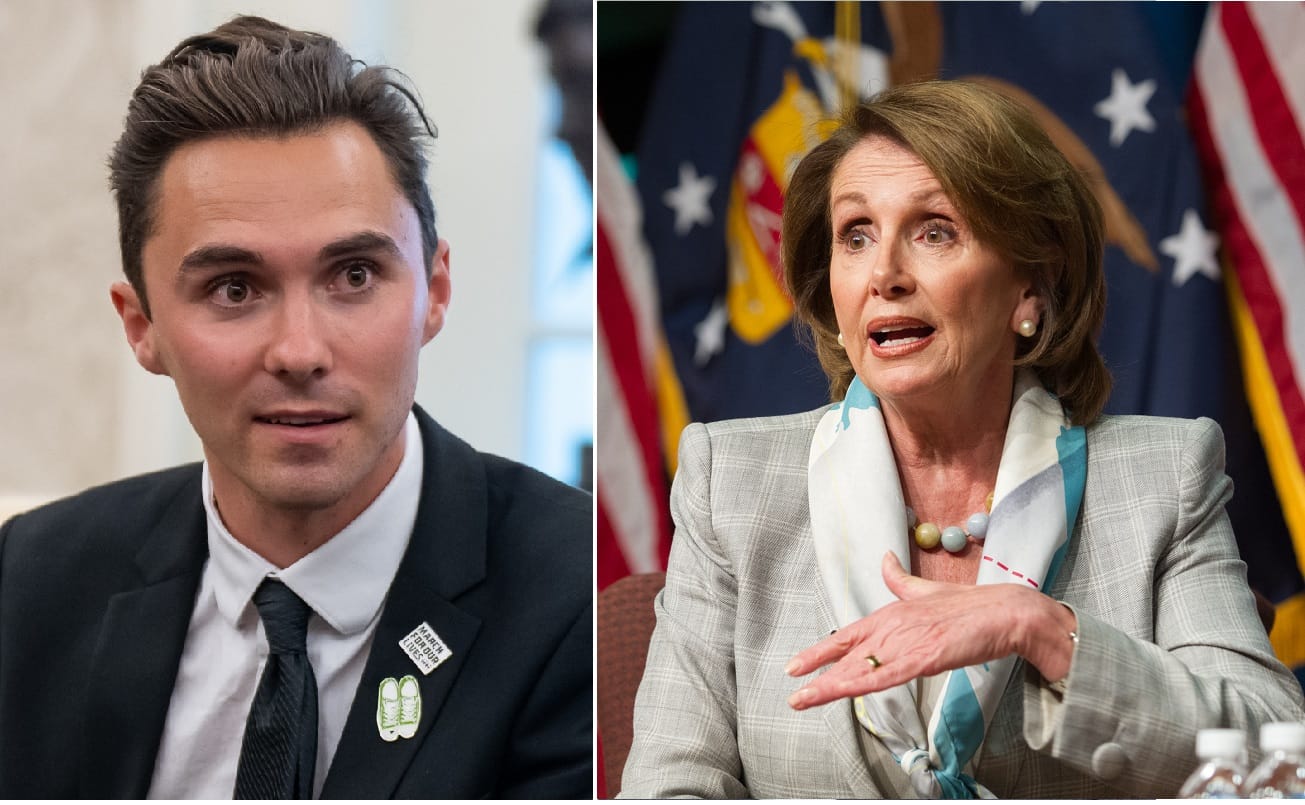
Will the Democrats squander the 2025 progressive surge?
Can a mainstream party learn from success, or will it fight the will of its own voters?
On November 4, 2025, holiday cheer came early for the U.S. Democratic Party. Democrats scored blowout victories in the New Jersey and Virginia governors' races, as well as a multitude of local elections across the country. Zohran Mamdani became New York City's youngest and first Muslim mayor. California voters approved a plan to temporarily redraw the state's congressional map to add Democratic-leaning districts. Then two days later, Rep. Nancy Pelosi announced that she will not seek re-election in 2026, after serving in the House for nearly forty years—clearing the way for newer, and hopefully younger, politicians.
Do these developments represent a genuine shift in the U.S. political landscape? Or are they simply a blip that will be a distant memory by the 2028 elections?
A history of protecting incumbents
When discussing the election results on his weekly podcast, Jon Stewart asked his guests Chris Hayes and David Plouff, "How will they [the Democrats] squander this?" While these men focused on discussing strategies the Democrats could implement to sustain this shift, they seemed to gloss over an unfortunate truth: The Democrats have a long history of older incumbents trying to preserve their place of power (and their pocketbook), instead of stepping aside to make room for new voices that could represent the party's future.
Take the 2016 presidential elections. Voters were presented with the most diverse candidate lineup in U.S. history, including several candidates who were well below retirement age. But instead of continuing the Obama era's hope-filled mantra, led by a much younger presidential staff than previous administrations, the Democratic leadership operated behind the scenes to ensure that Hillary Clinton was anointed as the candidate. A similar pattern occurred in both the 2020 and 2024 presidential campaigns where Democratic leaders ensured that the party nominated their preferred establishment candidate.
In 2018, four progressive freshman Democrats—Alexandria Ocasio-Cortez, Ilhan Omar, Ayanna Pressley, and Rashida Tlaib, nicknamed "The Squad"—were elected to the House in the midterms. Then Speaker of the House Pelosi chose to scold rather than support and mentor the Squad.
That same year, David Hogg, a survivor of the Stoneman Douglas High School shooting, was named to the TIME 100 list of influential people as a result of his leadership in the campaign against gun violence. But after Hogg was elevated as co-Vice Chair of the Democratic National Committee, his tenure only lasted for six months before he was relieved of his duties. So much for exploring how to best mentor the co-founder of Leaders We Deserve, a PAC that describes their mission as a "grassroots organization dedicated to electing young progressives to Congress and State Legislatures across the country to help defeat the far-right agenda and advance a progressive vision for the future."
Who mentors young adults? Republicans.
In comparison, the Republican leadership seems to be taking the lead in mentoring young adults for positions of leadership within their party.
For instance, Charlie Kirk was only 18 years old when he co-founded Turning Point USA (TPUSA) in 2012, the same age Hogg was when he rose to national prominence. But unlike Hogg, who was treated as a thorn in the side of establishment Democrats, Kirk was able to raise $389 million thanks to support from his co-founder, conservative activist Charlie Montgomery, and his pastor Rob McCoy, an early Christian supporter of Trump who encouraged Kirk to meld his Christian beliefs with conservative principles. With his widow Erika as the newly elected CEO of TPUSA, coupled with her intimate support from a youthful Vice President J.D. Vance, suffice to say TPUSA's future appears to be secure—at least for now.
As evidence of their reach among young adults, The Independent reports that "TPUSA has a presence at 3,500 institutions, more than 850 campus chapters, and 'field representatives' in all 50 states... Still funded by conservative private donors, TPUSA has six national summits and hosts eight regional conferences per year. It also has several spinoff ventures, including Turning Point Action, tasked with engaging voters specifically; Turning Point Faith, for religious advocacy; Turning Point Endowment, which handles its charitable endeavors; and Turning Point U.K., its British arm."
True, news such as the racist text dump from the New York Young Republicans demonstrates how the GOP's mentorship of young adults appears to be yielding mixed results at best. Also, one can find some cracks within GOP leadership over issues such as the release of the Epstein files and their ongoing refusal to provide low-income U.S. citizens with necessities like food and affordable health care. Some younger Republican politicians, like Josh Hawley and Marjorie Taylor Greene, appear to be choosing to align with their voters in the hopes of securing re-election over toeing the GOP party line. But when it comes to their actual voting record, it's almost unanimous support for Republican legislation.
The widespread discontent among voters, especially young voters, is a huge opportunity for progressive politicians to put forth bold new ideas with mass popular appeal. Some Democrats are trying. But instead of helping their party forge a new way forward, establishment Democrats (yes, Chuck Schumer, I'm looking at you) are capitulating to the whims of the Republicans and trying to stifle the left wing of their own party. In a similar vein, other than fellow progressives like Senator Bernie Sanders, I'm not finding much support among currently elected Democratic politicians for Mamdani's victory over the older, scandal-riddled Cuomo political dynasty.
At this juncture, I hold out little hope that the DNC can demonstrate signs they truly care. If the results of November 4th don't shake Democrats from their slumber, then what will? In the meantime, I'm starting to prepare myself for the real possibility of a President Vance (accompanied of course by his super special personal advisor Erika Kirk).
